Women in Tech and Science Week
On day three, the delegation joined Central Asia Women in Tech and Science Week for their formal launch at Inha University. The day kicked off a week that would bring together STEM leaders, country officials, entrepreneurs and students for panels, sessions and interactive workshops. Now in its second year, the event is co-organized by TechWomen fellows Saida Yusupova and Elena Selezneva, who welcomed an audience of nearly 500 people to the morning session. TechWomen director Jillian Scott set the tone for the day, saying, “We believe that by sharing ideas, we together can create a more prosperous and peaceful future for us all. We are excited to talk about how we as women and men and students and founders can reach new heights.”
Throughout the morning, business leaders and women in STEM from across the region joined TechWomen mentors on stage for a series of panels and discussions themed on social impact in Central Asia, regional 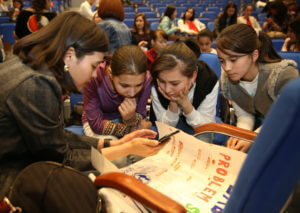 cooperation and diverse careers in STEM fields. During the afternoon’s breakout sessions, mentors and fellows separated into groups to lead sessions that showed students of all ages the possibilities in STEM fields.
cooperation and diverse careers in STEM fields. During the afternoon’s breakout sessions, mentors and fellows separated into groups to lead sessions that showed students of all ages the possibilities in STEM fields.
In a session on STEM careers led by Zoe Schladow and Maile Smith, Zoe emphasized that most future careers will be in STEM or be impacted by STEM and that students can get a foot in the door through volunteering and internships. Maile encouraged students to explore their interests when choosing their career path by taking advantage of free and easily accessible online resources.
At mentor Kathy Giori‘s IoT workshop, she showed students how she can control lights in her home in the Bay Area through an internet voice interface, turning the lights in her kitchen different colors based on the commands she input. After, students had a chance to program their own microbit boards with help from Kathy and Lebanese fellows who founded My ioLab, a STEM initiative that leverages Mozilla IoT to educate youth.
Hands-on STEM
In interactive hands-on STEM workshops, young children learned the fundamentals of robotics, electricity and motherboards, taking turns to control robots, solder hardware and use simple materials to conduct electricity. In each group, students received an introduction to science using simple and fun experiments, learning how high-level ideas can be simplified into small parts.
The day ended when mentors, fellows and nearly 20 Technovation Uzbekistan teams came together for a session on pitching. Guided by mentors and fellows, the girls refined their problem and solution statements, bravely going on stage to pitch their mobile app ideas and gather feedback from the audience. Their apps took real-world issues, such as plastic pollution, homelessness, teen pregnancy and bullying, and paired them with creative solutions.
A future in STEM
At the beginning of the day, UN Resident Coordinator for the Republic of Uzbekistan Helena Fraser shared with the audience that by 2020, 7.1 million jobs around the world will have been displaced by new technologies and 65% of children could enter jobs that do not exist today. As the day concluded, it was clear that girls of all ages learned about what is possible through STEM, stepping into their potential and opening doors to future opportunity.
Follow the hashtag #twuz on Twitter for more content from the TechWomen delegation trip to Uzbekistan!

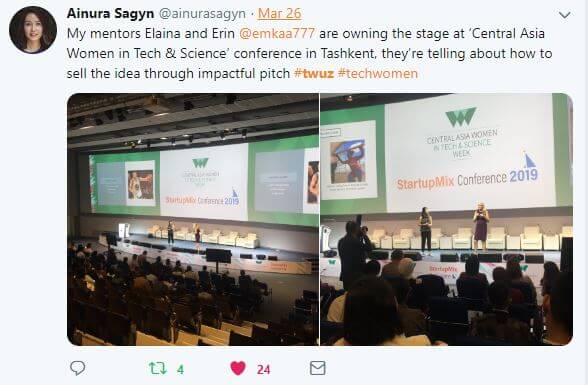
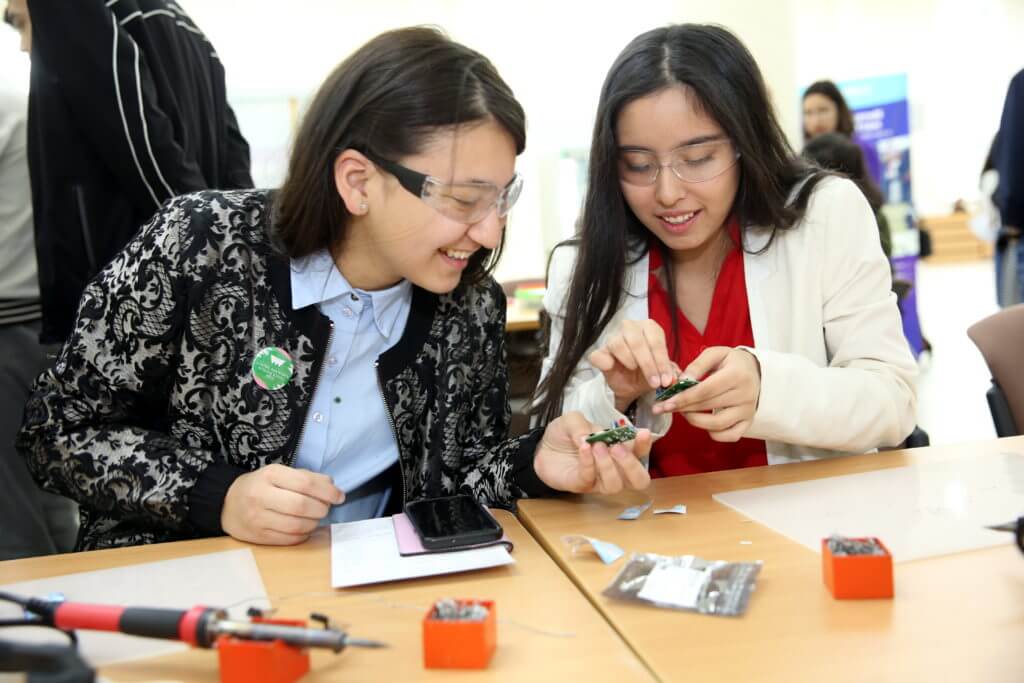
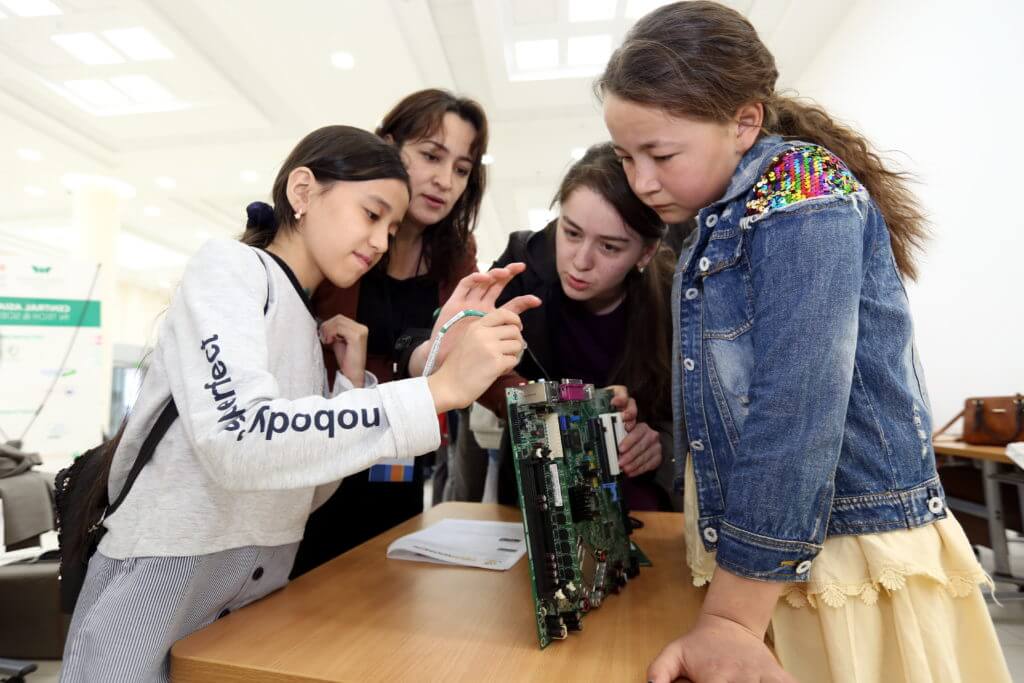
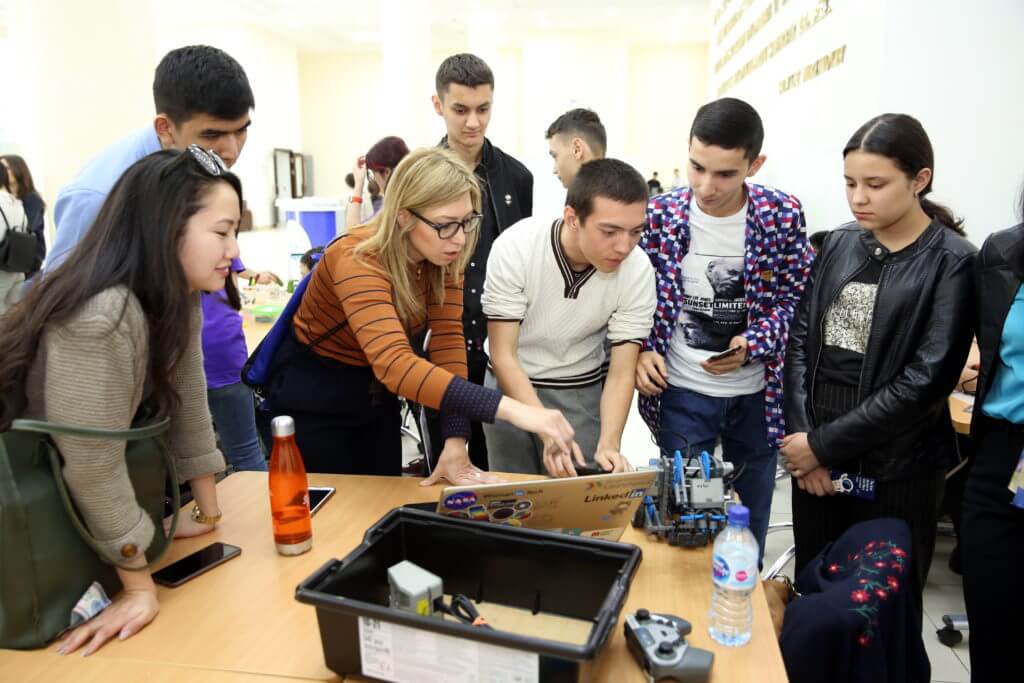
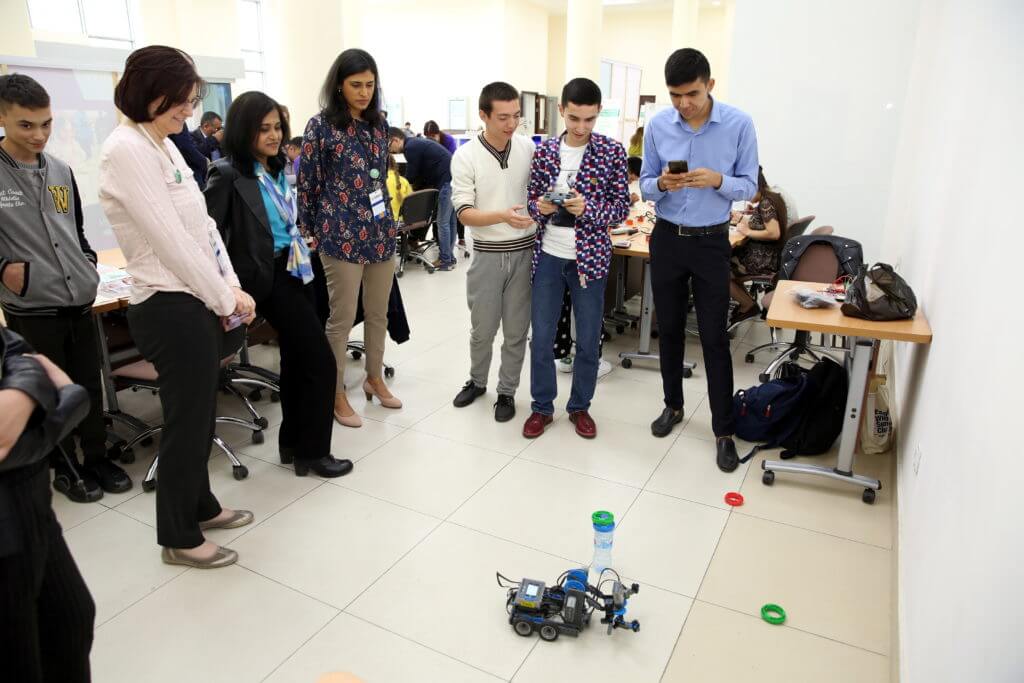
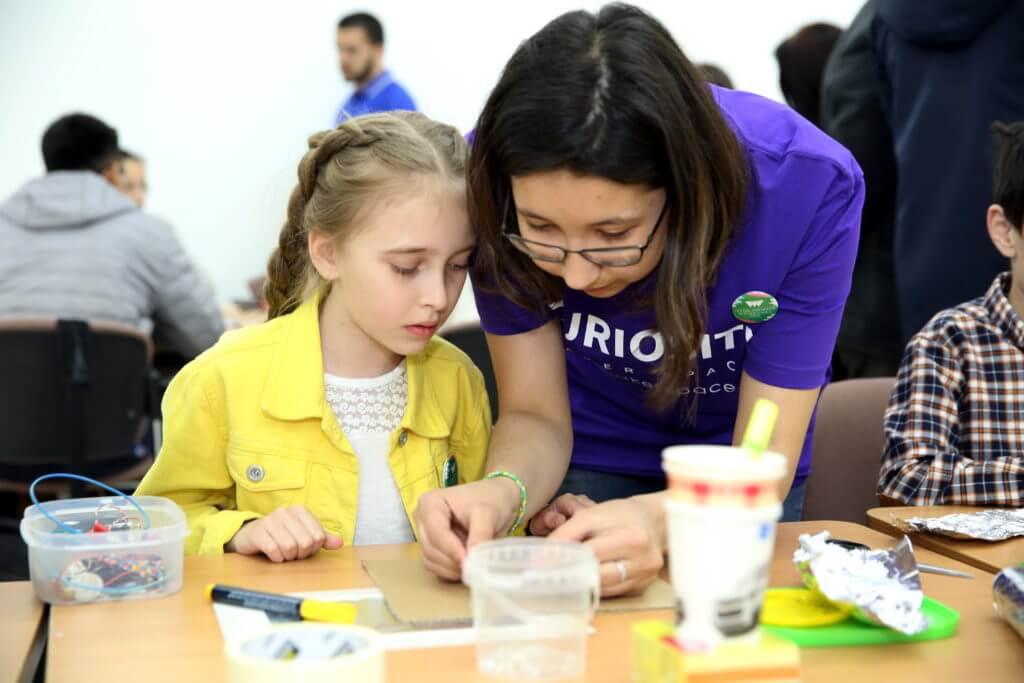


Speak Your Mind